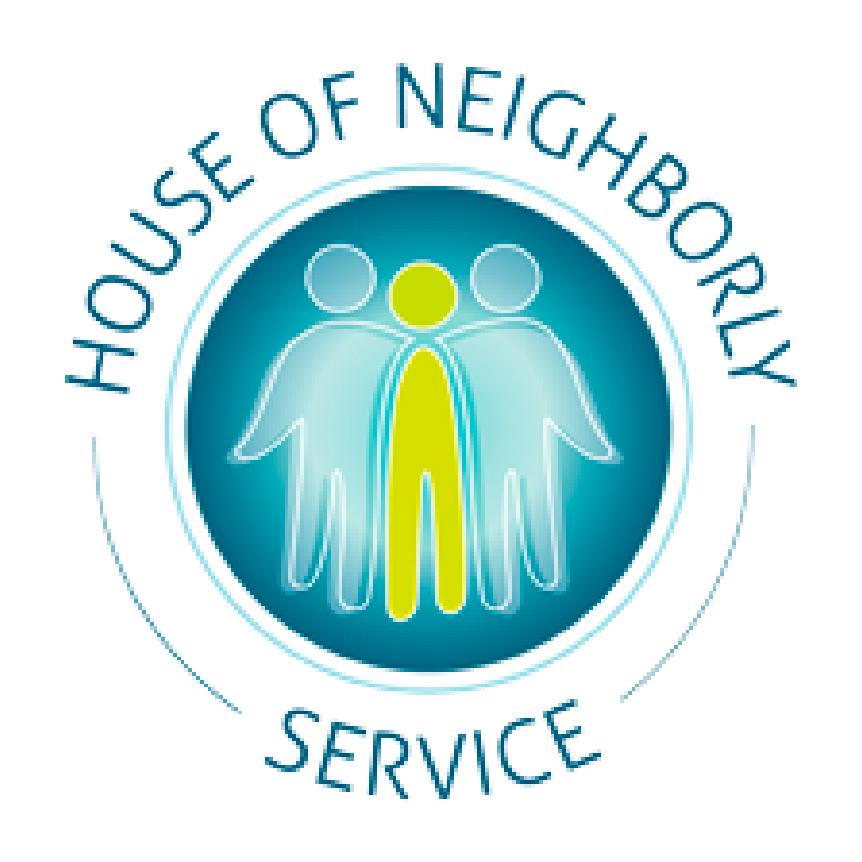HNS History: Chicano Movement & Our Part
House of Neighborly Service and Its Role in the Chicano Movement

For over a century, House of Neighborly Service (HNS) has stood as a pillar of support for marginalized communities in San Antonio. Our deep commitment to the people we serve has led us to be a part of many key social movements, including the Chicano movement, which fought for the civil rights and empowerment of Mexican Americans during the 1960s and 1970s.
The impact of our involvement is highlighted in The Illusion of Inclusion: The Untold Political Story of San Antonio by Rodolfo Rosales. Pages 110 and 111 delve into our role during this critical period. If you're interested in checking out the book yourself, please refer to your nearest library, or it can be found on Amazon. Here’s an excerpt from the book:
"It was during this time, with the direct support of House of Neighborly Services, then directed by Martin Garza, that a welfare rights organization in the westside barrios was established in San Antonio. Out of this organization many grassroots women got directly involved in protest politics, including Alicia Martinez, Lupe Ybarra, Elvira Gomez, JoAnn Gutierrez, and many others. Besides confronting the local issues of education, health, and other issues, they were also instrumental in recruiting younger Chicanos into the politics of the day, including gang members (pg. 110)." Of note, Alicia Martinez was the Secretary for HNS in the 1960s and early 1970s.
Furthermore, "Alicia Martinez recalls that many of their protest marches included gang members from the barrio where the House of Neighborly Services was located. In one march it was the presence of and the leadership of the Chicana Welfare Rights Organization that helped them avoid a disastrous confrontation with another gang, as they marched through their barrio:
' The welfare mothers and I, I'll never forget, they were trying to do, I don't remember what the issue was, but it was something at the Good Samaritan Center. We marched from the House of Neighborly [Services] to the Good Sam, and some of the boys couldn't march because that was a ghost town. So the women had to march around them and that was okay, the ghost town, the gang at that time, so the guys de la Es-piga [ the gang of young men marching with them] over here where we couldn't march with them. And the women, you know, las señora marched with them and it was okay then. Los del ghost los de-jaron passar [let all of us pass] (Pg. 110-111).'"
Therefore, as the Chicano movement grew in San Antonio, institutions like ours became vital hubs of activity. Providing more than social services, HNS was a gathering place for community discussions, organizing efforts, and cultural pride. We have nurtured leaders who would go on to play significant roles in local and national advocacy, grounding their work in the realities of their neighborhoods.
This passage highlights how HNS was more than just a service provider; we were a cornerstone for change, helping to shape the political and cultural landscape of our community. The organization created a space where Mexican-Americans, Chicanos, and Hispanics could find their voice, advocate for justice, and embrace their heritage.
We continue to honor this legacy today by empowering our community through various programs, always guided by the principles of inclusion, equity, and dignity. HNS remains dedicated to uplifting underserved populations and promoting the rich history and culture of Hispanic people, just as we did during the Chicano movement.
As we reflect on this proud history, we are reminded that our work is ongoing. The fight for equality and justice requires all of us to come together, just as those who walked before us did. In the spirit of honor, remembrance, and tradition, we are pleased to share this piece during Hispanic Heritage Month to acknowledge and celebrate our roots, as well as our role in an essential historical social movement for our community, from which we originate and to whom we serve. If you wish to support our organization and advance our mission, please visit our donation page. We built our house, as a home for others. Here, we strive to make each dawn a Better Today, for a Brighter Tomorrow.

Our Mission is to provide opportunities that encourage, educate, and empower the families of our Westside community.
our story
get involved
House of Neighborly Service’s approach to diversity is simple - it’s about embracing everyone. From cultivating a culture where all employees can bring their best selves to work to organizing diversity initiatives that support all.
